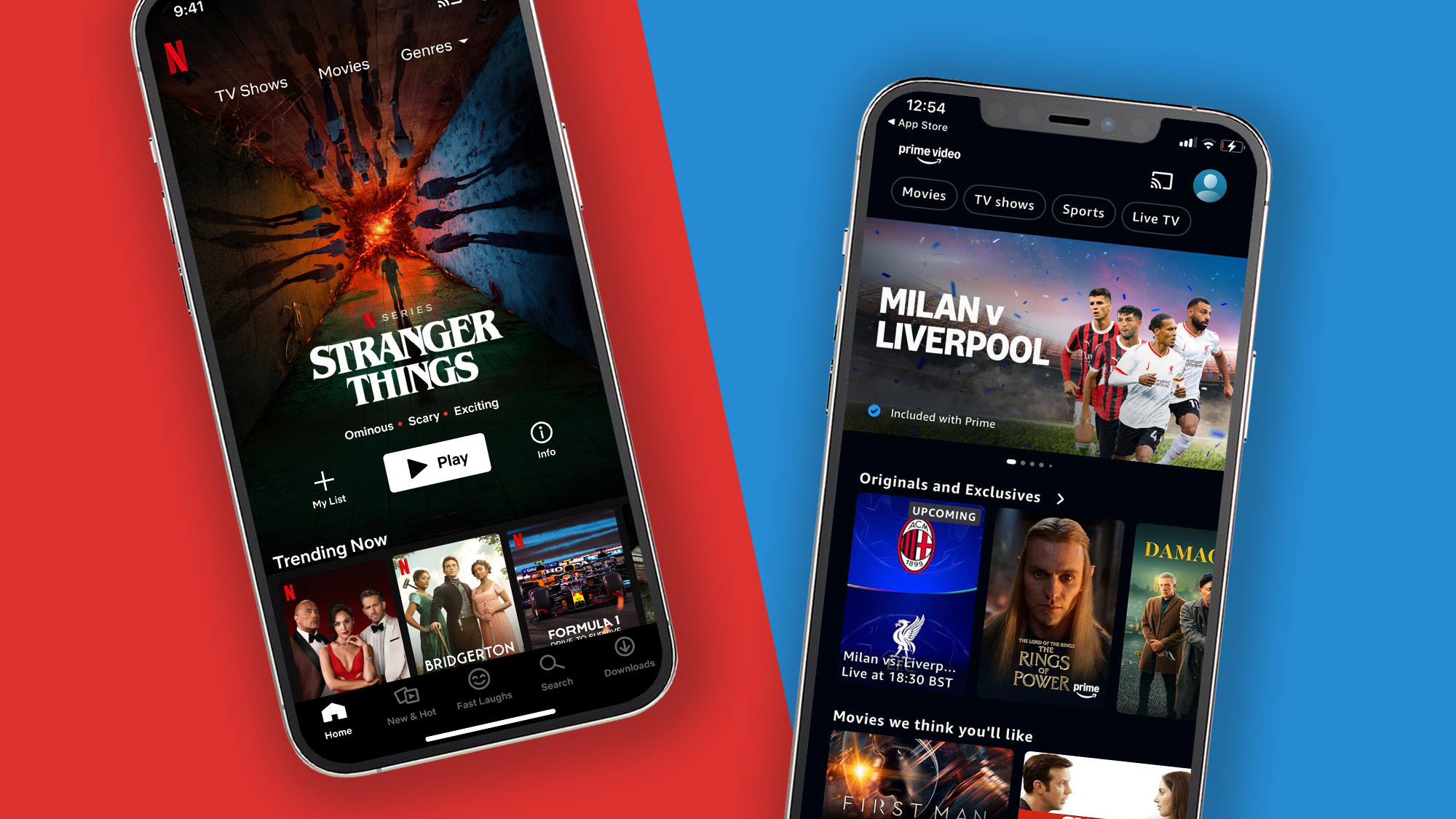
Netflix is the king of streamers, but these days it has no shortage of rivals coming for its crown. One of the biggest rivals is Amazon's Prime Video, which has been spending serious sums on exclusive content and on sports streaming too.
Netflix and Prime Video are two of the biggest paid-for streaming services to most people. Netflix introduced the concept of in-home streaming of premium content to a lot of us, while Prime Video is seen as the main benefit to signing up to the online retailer's membership plan.
In an ideal world, we'd be able to subscribe to all the best streaming services at once, but sadly this isn't an option for a lot of us and that means we need to be more selective with our subscriptions. Many have taken to subscription hopping as a way to cut down their streaming bills but it can be difficult to know when to cancel or sign up to a service.
To help you decide which service is worth keeping or leaving, we've put together this helpful guide that compares the prices, plans, features, app experiences and content of each below. Be sure to check our breakdown of the best movies and shows on each platform too, as that can usually be the deciding factor for many. So which is the better buy, Netflix or Prime Video? Let's find out.
Netflix vs Prime Video: Price and plans
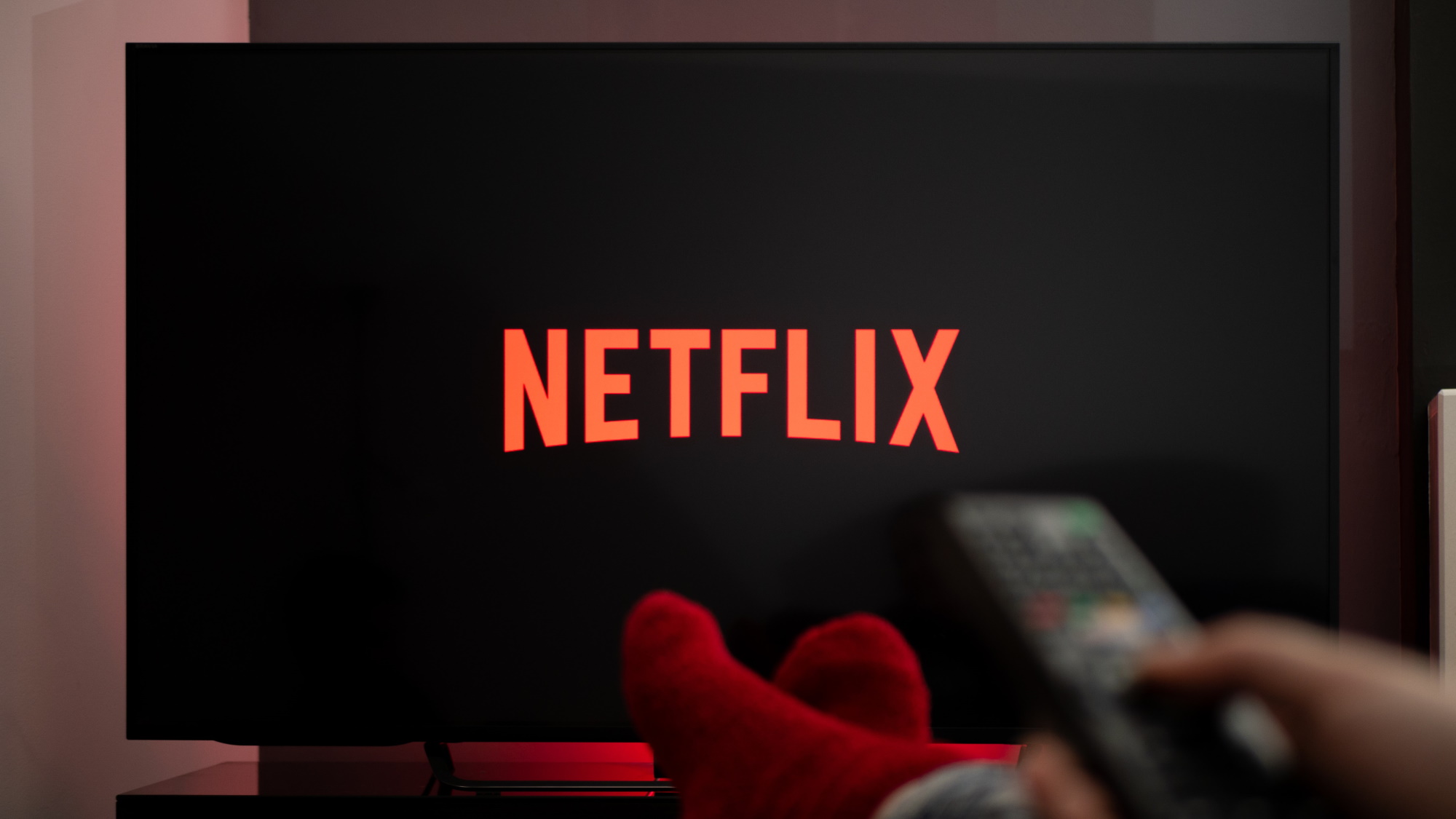
In the US, Netflix offers three tiers – Netflix started removing its Basic plan in many regions in 2023 before completely axing it in mid-2024, forcing new subscribers to sign up to its Standard With Ads plan instead – while Prime Video has two.
Want to find out which Netflix plan is for you? The cheapest Netflix plan, Standard With Ads, is $6.99 / £4.99 / AU$7.99 per month. That's $2 / £1 / AU$2 per month cheaper than Prime Video's standard with-ads service, which costs $8.99 / £5.99 / AU$9.99 per month.
Prime Video's ad-supported version is also included free in a standard Amazon Prime subscription, which costs $14.99 / £8.99 / AU$9.99 per month. It also offers a Student membership option at $7.49 per month in the US and £4.49 per month in the UK, however, this is not available for those in Australia.
Going ad-free is more expensive if you're a Netflix subscriber. Netflix Standard without ads is $15.49 / £10.99 / AU$18.99 per month. Meanwhile, Prime Video, which only introduced a higher fee for streaming without ads in January 2024, costs $11.98 / £8.98 / AU$12.98 per month for its ad-free option.
There are some crucial differences in what the rival streamers deliver. Netflix Standard streams in 1080p HD and doesn't offer spatial audio or Ultra HD unless you opt for the more expensive Premium plan at $22.99 / £17.99 / AU$25.99 per month. Prime Video delivers up to 4K HDR with spatial audio where movies or shows support it.
Unlike Prime Video, Netflix limits viewing to a "household", which it defines as one roof. You can't share a Standard With Ads plan with people who don't share your home – here's how to remove Netflix Household if you need to know – but you can add them to a Standard (ad-free) or Premium Plan. You can add one additional person to Standard and two to Premium. Each person is an additional $7.99 / £4.99 / AU$7.99 per month.
There are also differences in how many streams you can have. Prime Video allows three simultaneous streams on the same Amazon account and downloads to two different devices. Netflix Standard gives you two simultaneous streams and downloads to two devices. Netflix Premium gives you four simultaneous streams and downloads to six devices.
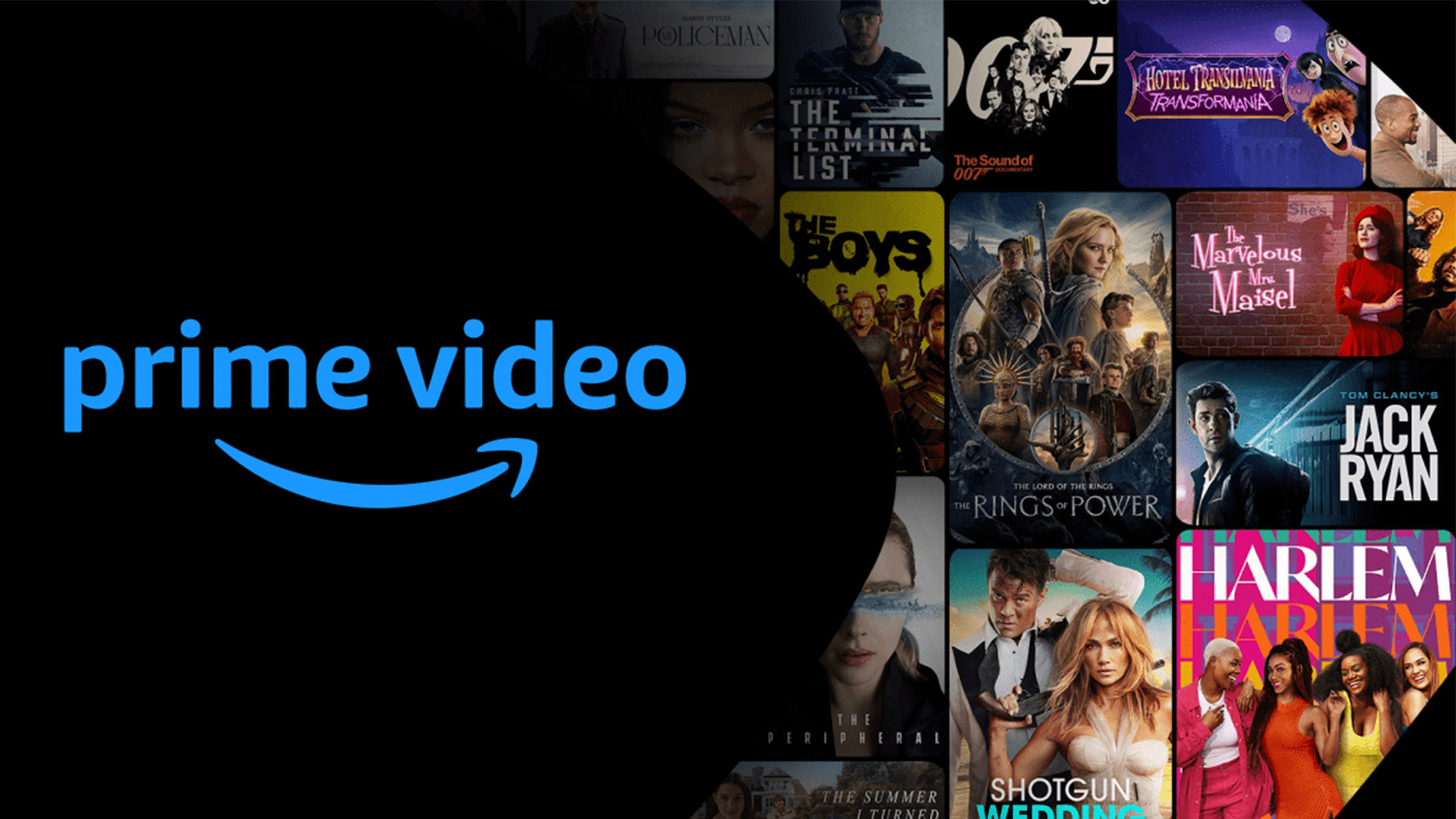
Netflix vs Prime Video: What can you watch?
For details of what's worth watching on Netflix right now, check out our guides to the best Netflix movies, the best new Netflix movies, and the best Netflix shows.
While no streaming service fully discloses its exact catalog figures, there are some research firms that have released analysis to help give us a rough idea. According to Reelgood data from 2023, Netflix has a much wider selection of original shows than Prime Video; as of late last year, it was second only to Hulu in the sheer number of shows it offered.
However, Prime Video has roughly three times more movies – in fact, it has the biggest library of movies than any other paid-for service – and also offers excellent add-ons such as the free ad-supported TV service Freevee, which is one of the best free streaming services, and live sports streaming including Major League Baseball and Thursday Night Football.
As the data from Reelgood shows, Prime Video's catalog of movies is significantly larger than Netflix's, but Netflix's catalog of shows is larger than Prime Video's (the data is in reference to both platform's US services). Netflix also spends proportionately more on original content, such as comedy specials, documentaries, anime and original drama. Some of Netflix's biggest shows of 2024 so far include Bridgerton season 3, Cobra Kai season 6, Avatar: The Last Airbender and the hotly anticipated Squid Game season 2, although that last one isn't streaming until December.
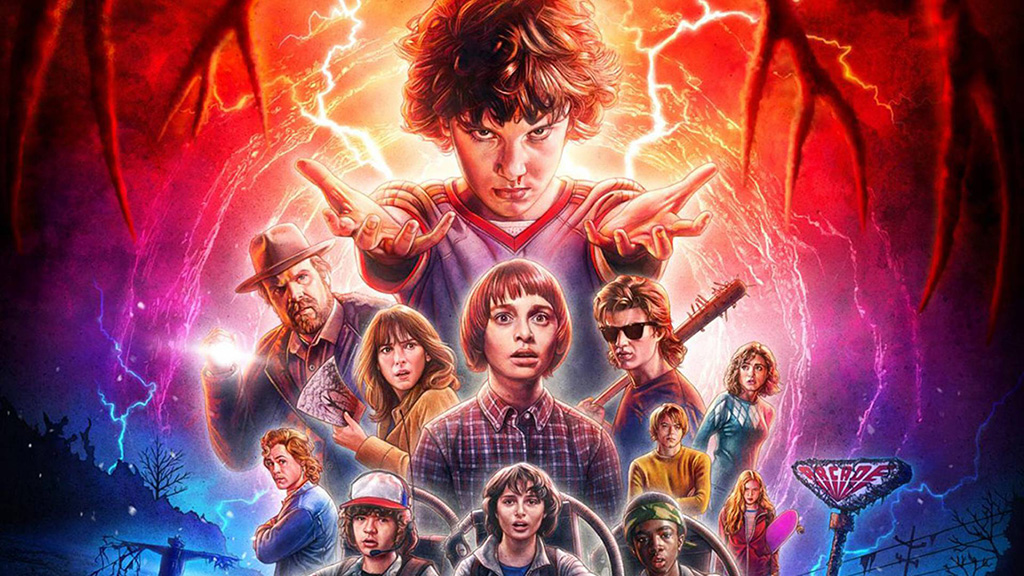
Check out our guides to the best Prime Video shows, the best Prime Video movies and the best new Prime Video movies.
Although it doesn't commission nearly as many shows as Netflix, Prime Video has been spending big this year on big hitters such as The Boys season 4, The Lord of the Rings: Rings of Power season 2 and Fallout. It also has some great live sports coverage including Thursday Night Football.
Amazon's purchase of MGM Studios means it's particularly good for Hollywood movies, and its ad-supported Freevee has a good selection of classic TV as well as a few originals such as Bosch Legacy – check out these three free movies on Amazon Freevee in September with over 80% on Rotten Tomatoes for more of an idea of what to expect on the platform.
It's worth pointing out the downside of Netflix's constant commissioning of original content: the Netflix Curse, where shows grab people's attention and then don't get renewed for more seasons – here are five shows canceled by Netflix in 2024 so far that you should still watch.
But Netflix is not alone in this, Prime Video and other rivals are increasingly cautious too and aren't afraid to cancel big shows – for example, Prime Video has canceled My Lady Jane and Outer Range so far this year. Although both streamers don't commission as much new content anymore, it means that a lot of new shows are here for a good time but not a long time.
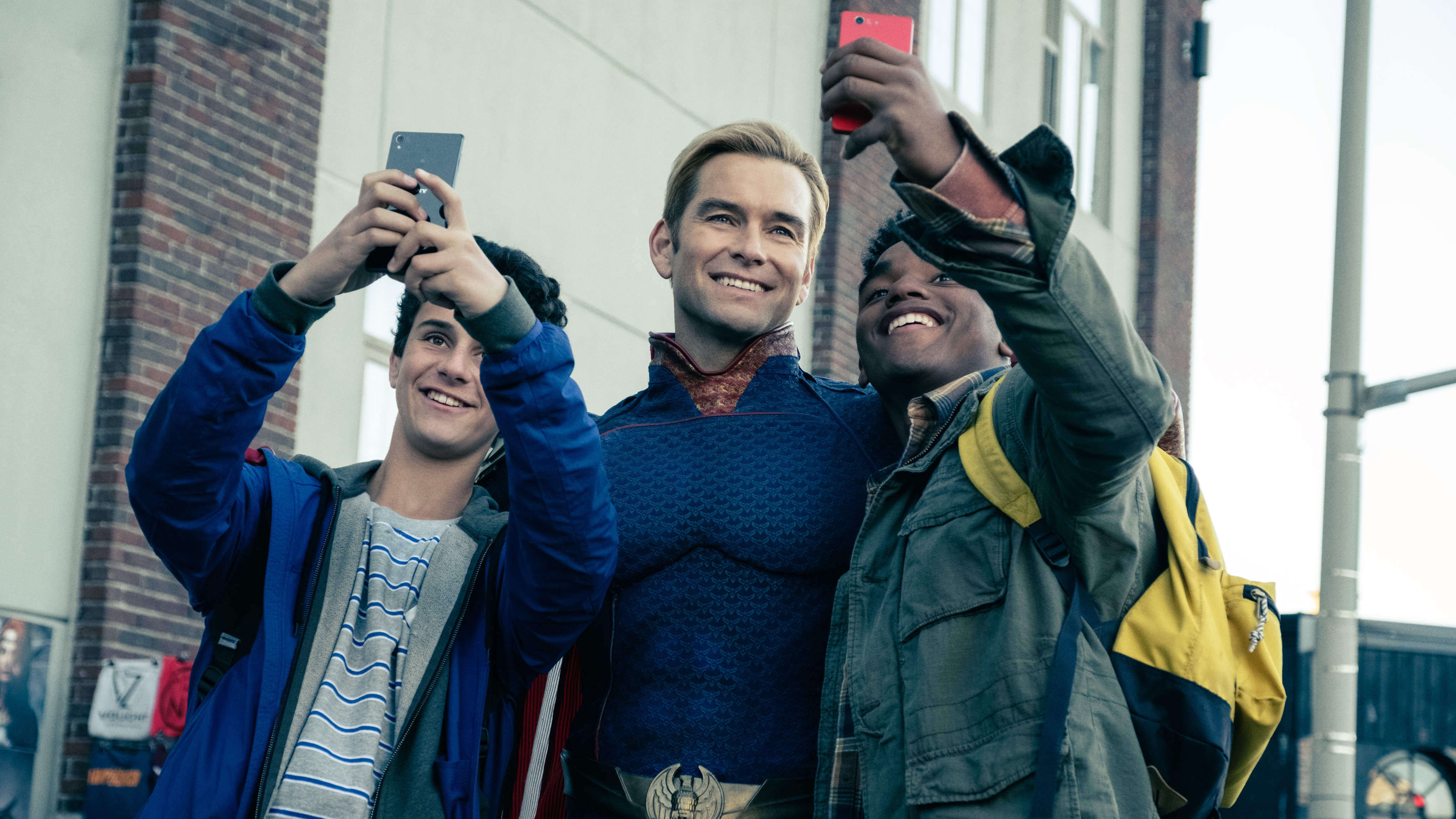
Thankfully, both streamers are also constantly adding new content, but they do it in different ways: Netflix front-loads its new releases at the beginning of the month but also adds a lot more over the following weeks, whereas Prime Video adds almost all of its new content on the first of every month.
How often do Netflix and Prime Video refresh content?
Netflix vs Prime Video: Features
When you access these services, the biggest difference between the content you see is that all of the movies and shows on Netflix are included in your subscription. Many of the things you'll see on the Prime Video home screen are not: Amazon also includes rentals, purchases and additional subscriptions too. Some of these services, such as Amazon's own Freevee, are free. But most offer short free trials before requiring an additional subscription.
Netflix's quality options are quite straightforward: it's 1080p HD unless you pay more for Premium, which delivers 4K and HDR with Spatial Audio (where programs support it). Prime Video is more complex, so for example the app delivers up to 4K and Dolby Atmos on Android, on Fire TV tablets and on Fire TV sticks, but it's HD and stereo on iOS and Windows.
Both services support multiple profiles for different family members, but Prime Video doesn't currently restrict account sharing to one building – so if the kids are off to college they can still access their Prime Video accounts. With Netflix, you'll need a Standard or Premium subscription to do that, and you're limited to one extra person for Standard and two for Premium.
Netflix vs Prime Video: Design
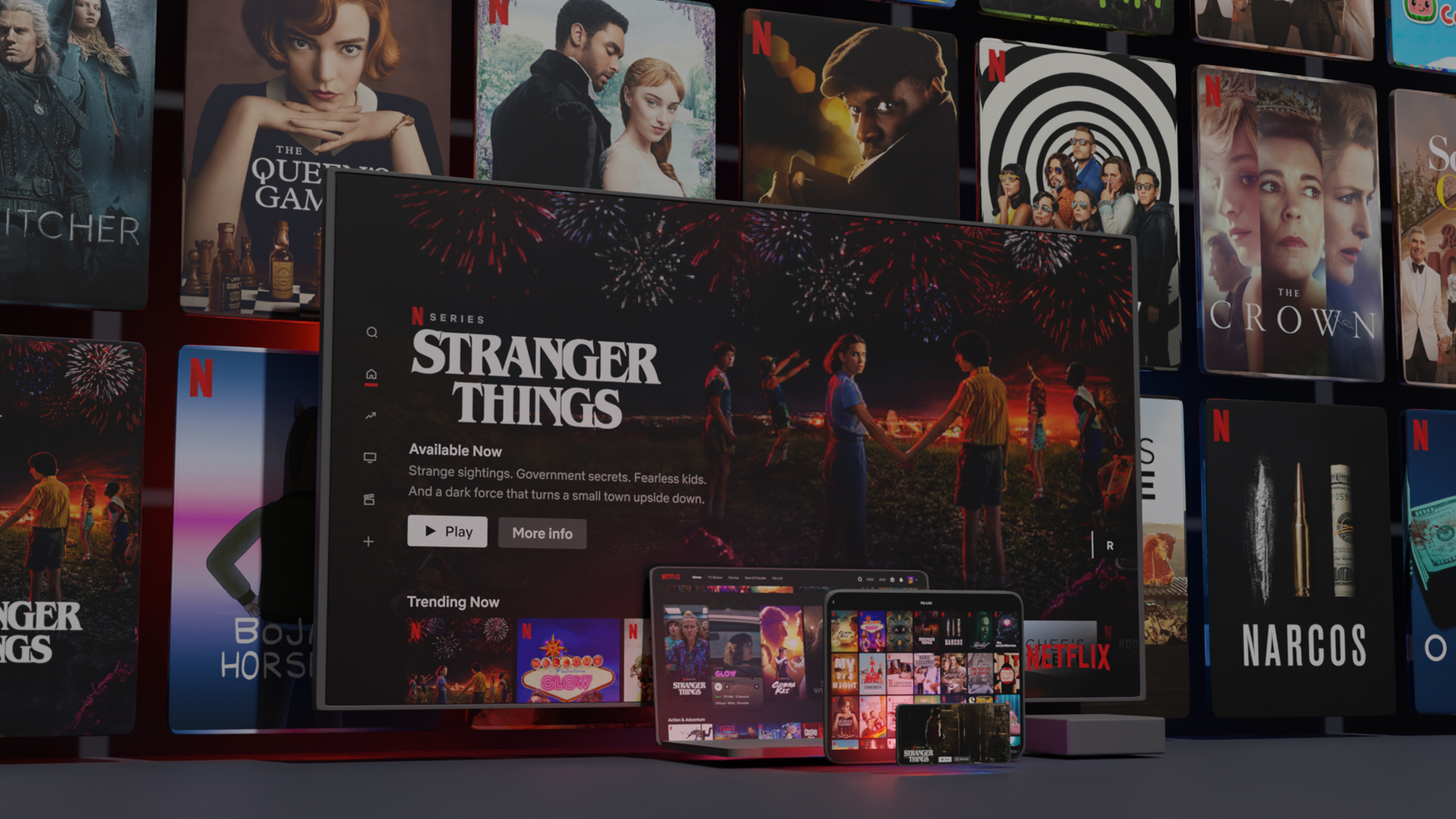
The design of streaming services is well established now, largely by Netflix, and that means there aren't significant differences between the user interfaces or their accessibility: both provide audio descriptions for people with poor or low vision. That said, Prime Video's X-Ray is a clever addition, enabling you to see more details about the current show or movie such as who's on screen or what's on the soundtrack.
In our experience, Netflix has the better recommendation algorithm, especially over time: it's very good at showing things you'll actually like based on your viewing habits. It's in the process of another huge overhaul to make it even easier to find shows and movies you'll like. In response, Amazon has added AI-powered recommendations to its own service.
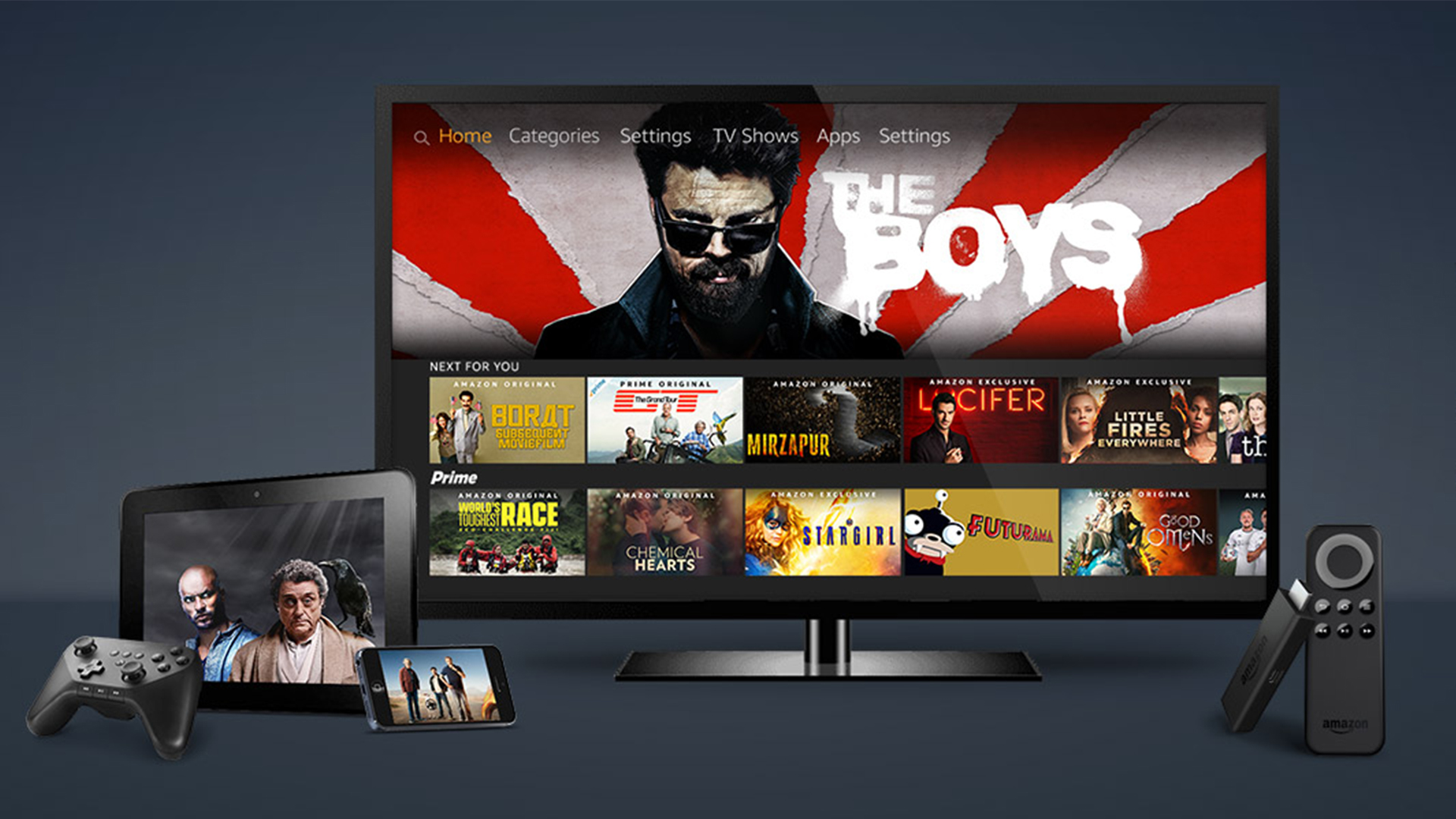
Netflix vs Prime Video: Verdict
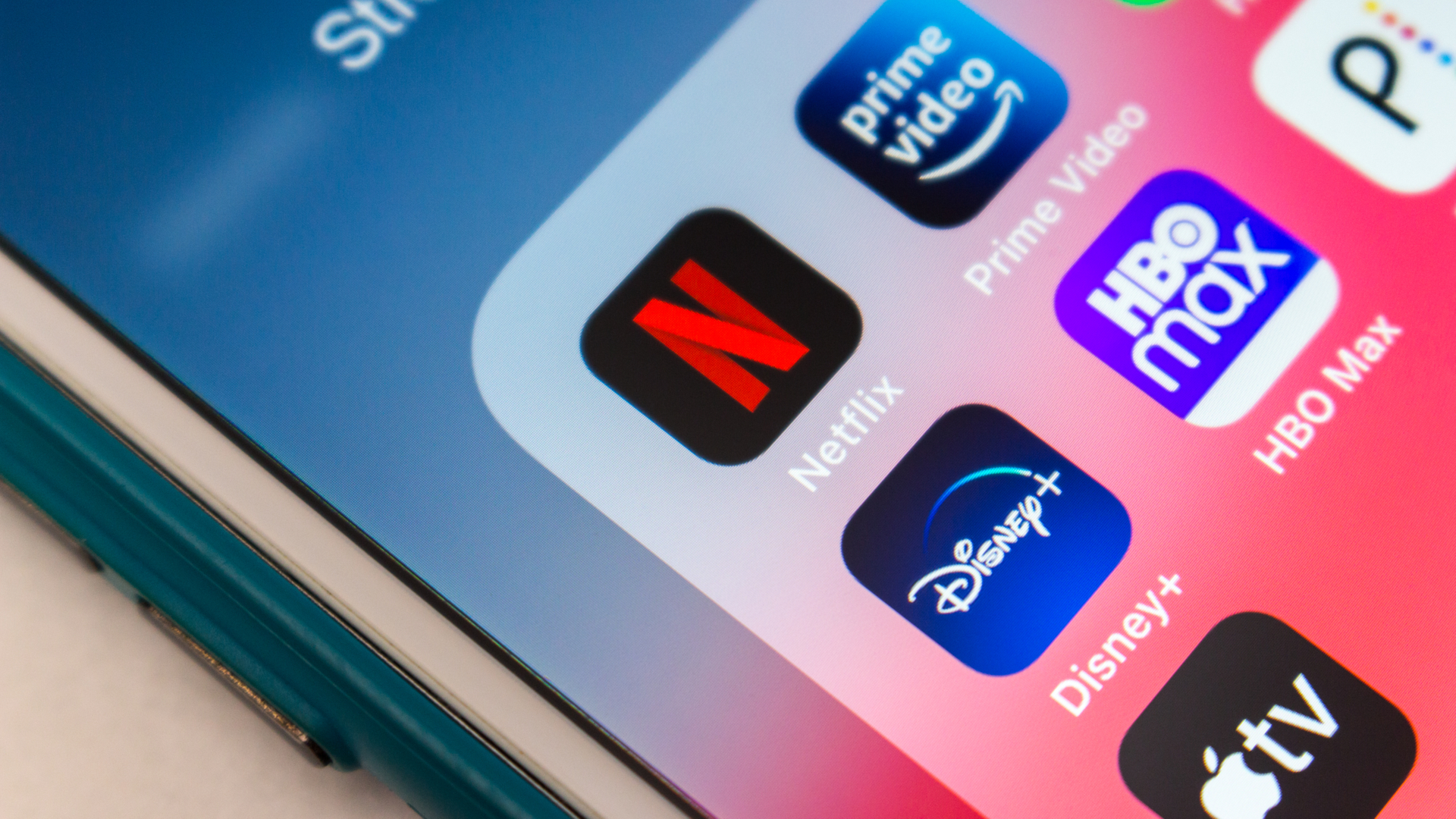
The big difference between the two streamers is that with Netflix, the whole company is built around streaming; for Amazon, Prime Video is just part of its wider retail empire. How you feel about that depends on how you like to watch: some people love the fact that Prime Video offers more than just subscription content by also offering rentals and purchases, whereas I hate playing weekend games of "can I watch this without reaching for my wallet?".
In purely financial terms, Prime Video is the better deal: for 4K ad-free it's considerably cheaper and it has lots of Hollywood movies as well as the option to add good live sports coverage and additional channels. But its catalog of original TV shows is much smaller, and Netflix's investment in overseas creators, in anime and in big shows has been particularly productive.
Ready to switch streaming services? Here's how to sign up to Netflix, or if you've decided you'd rather wait till Stranger Things returns next year, then here's how to cancel Netflix. Alternatively, check if the Amazon Prime Video free trial is still available or how to cancel your Amazon Prime membership.





